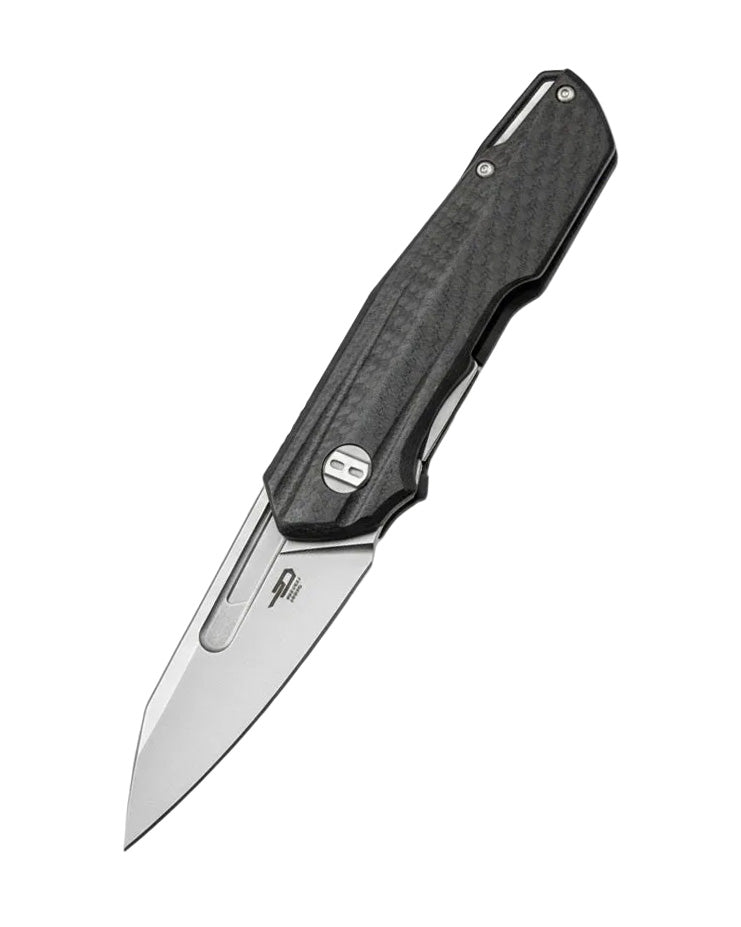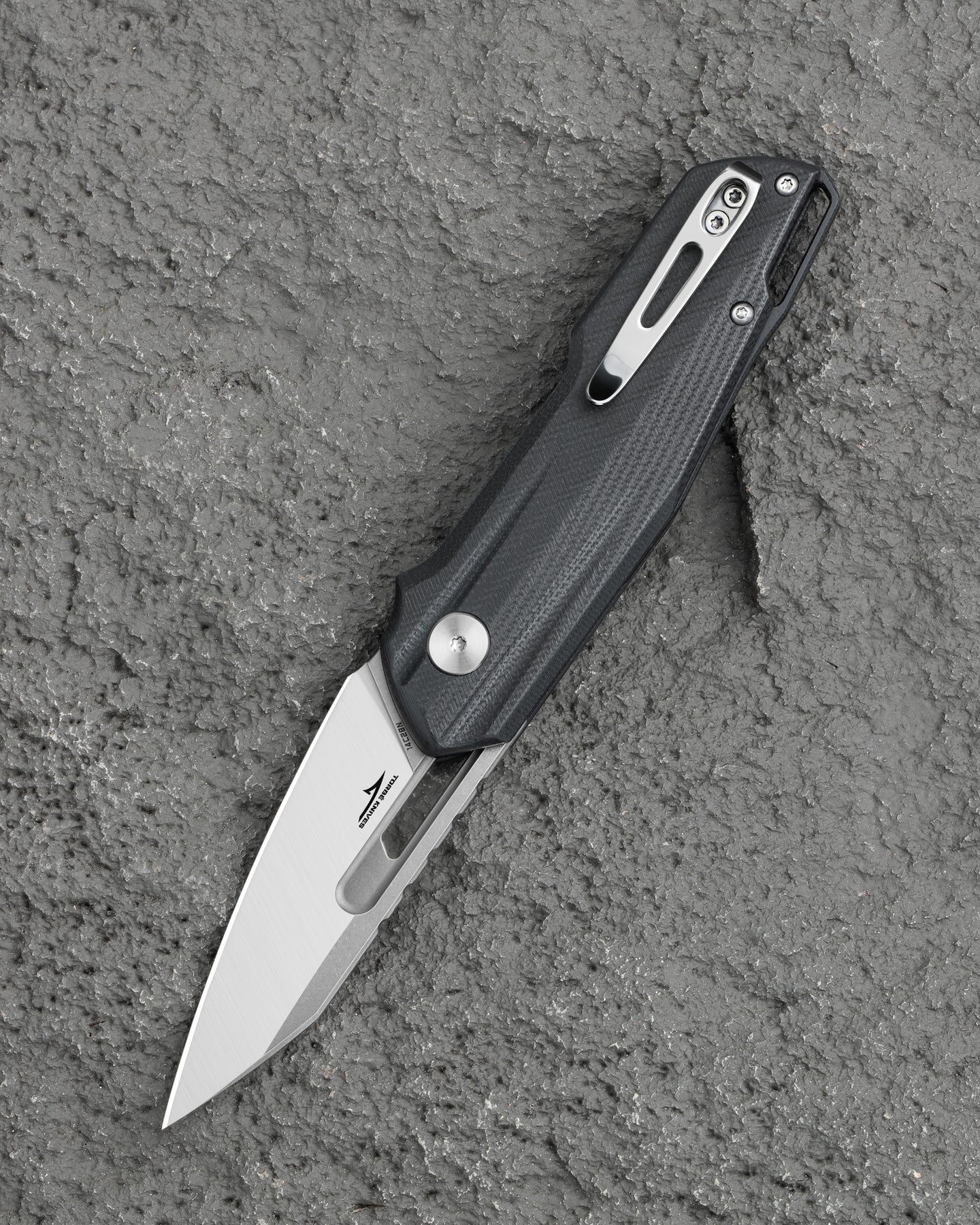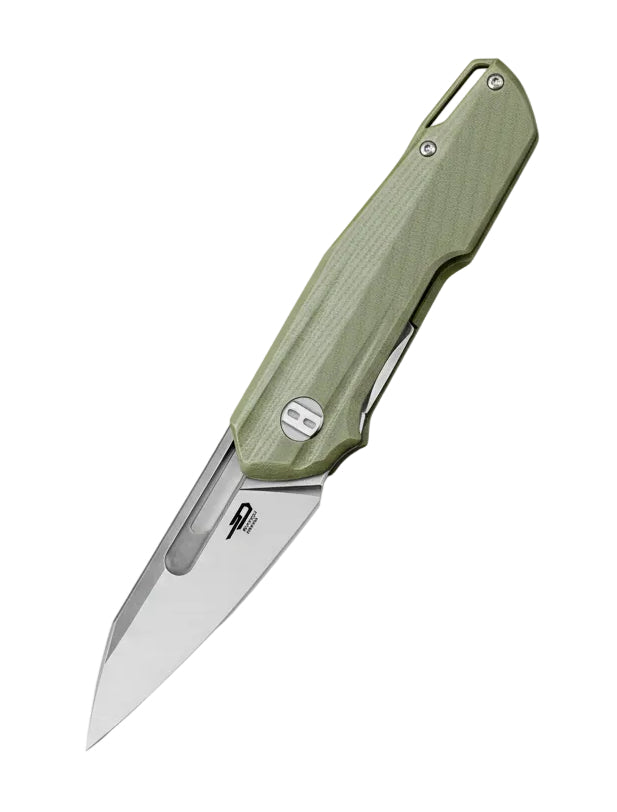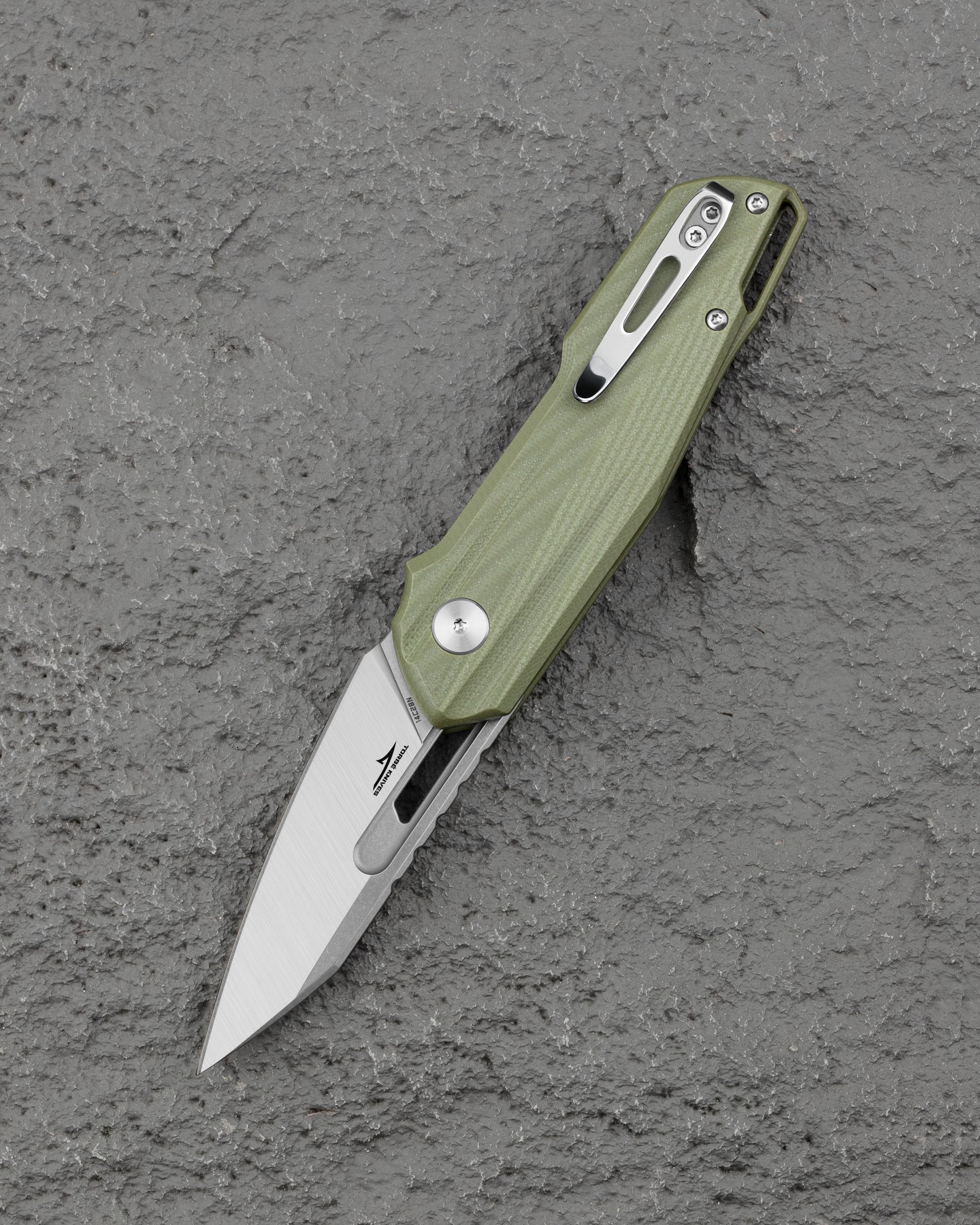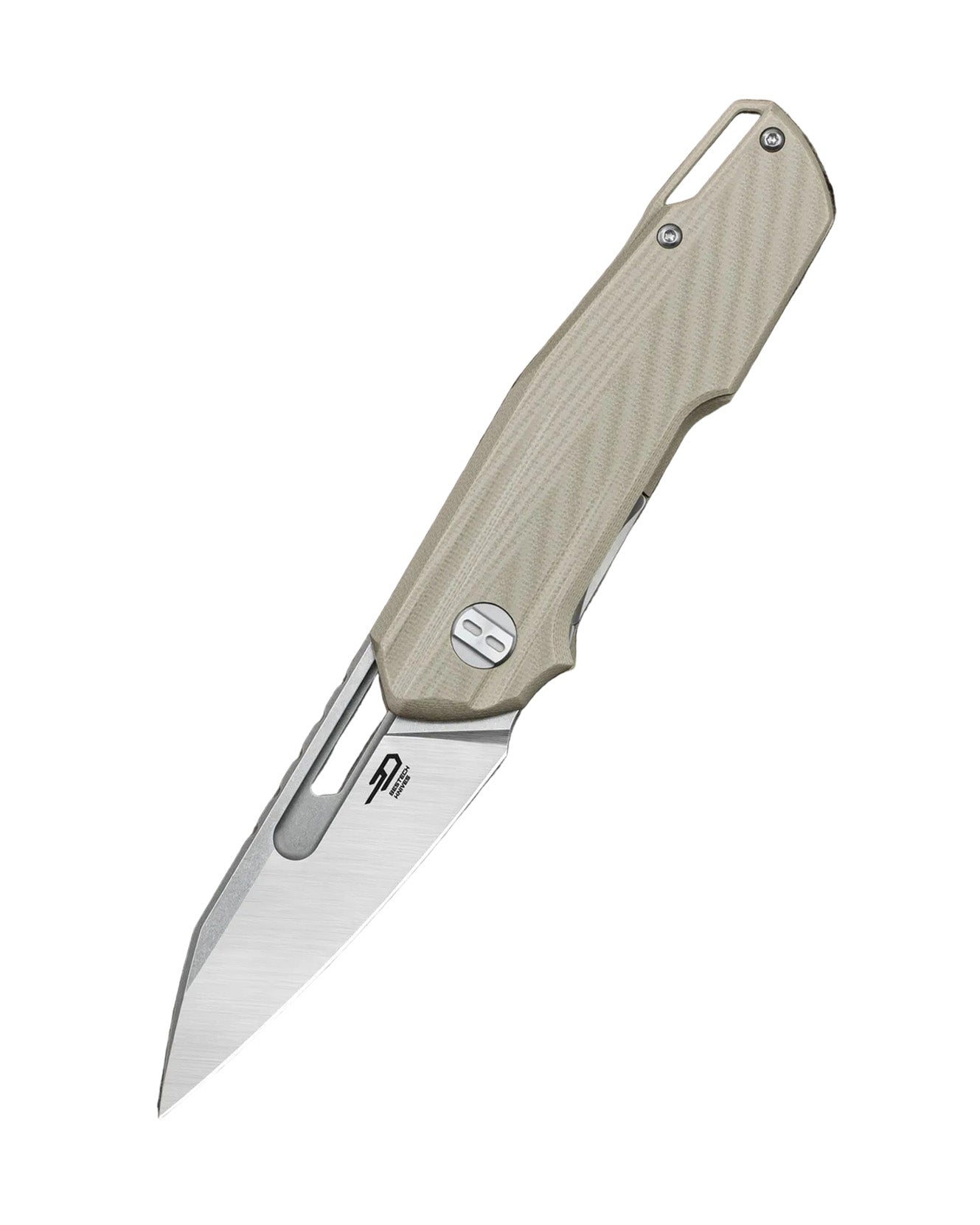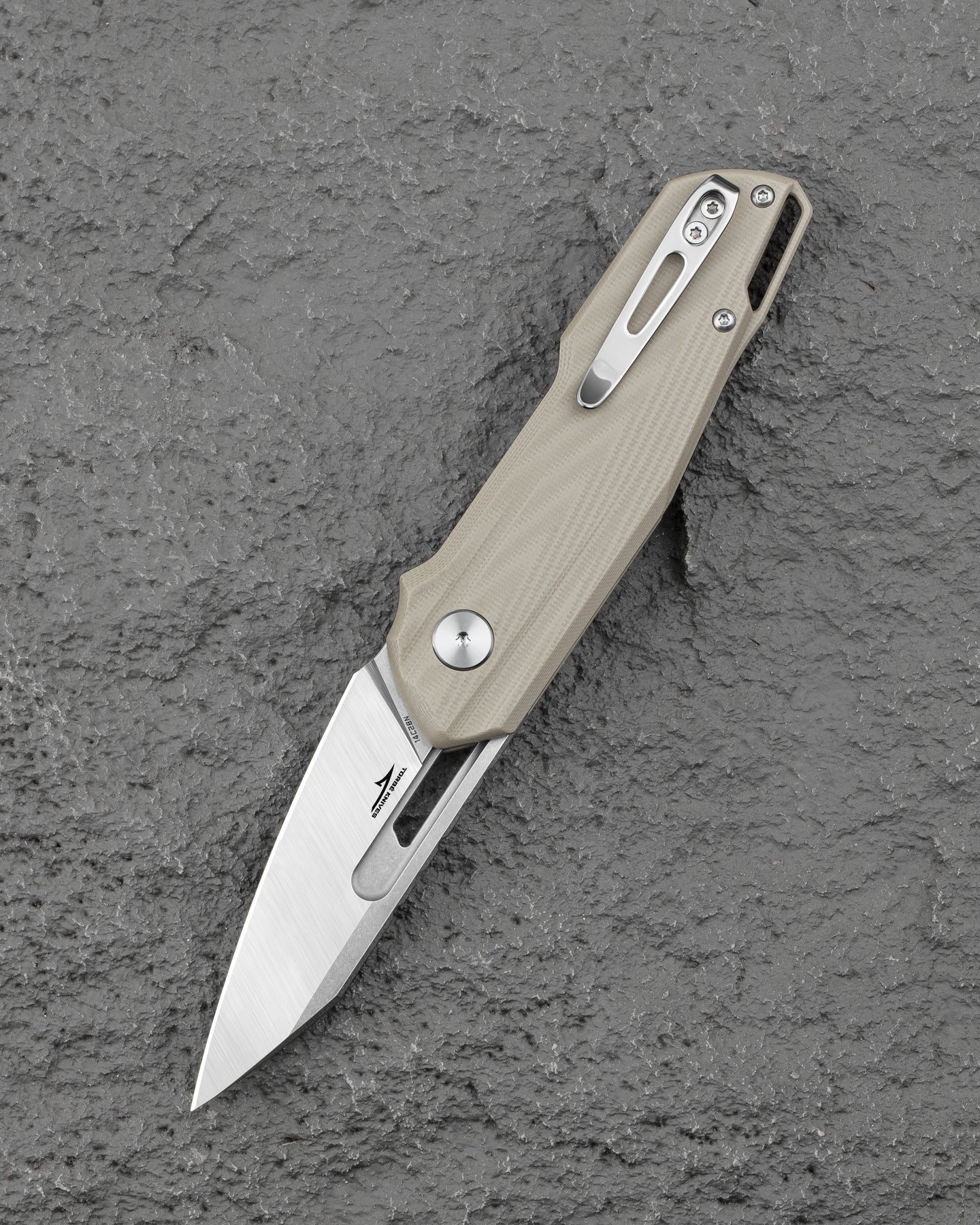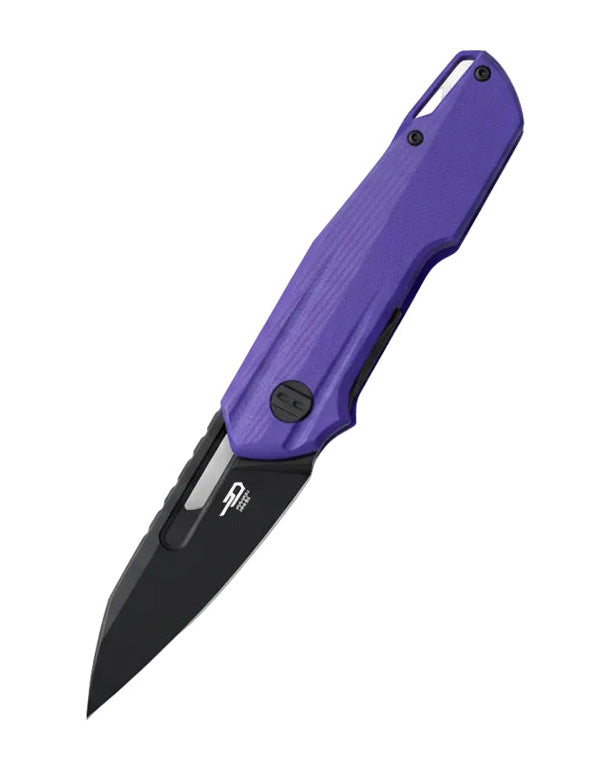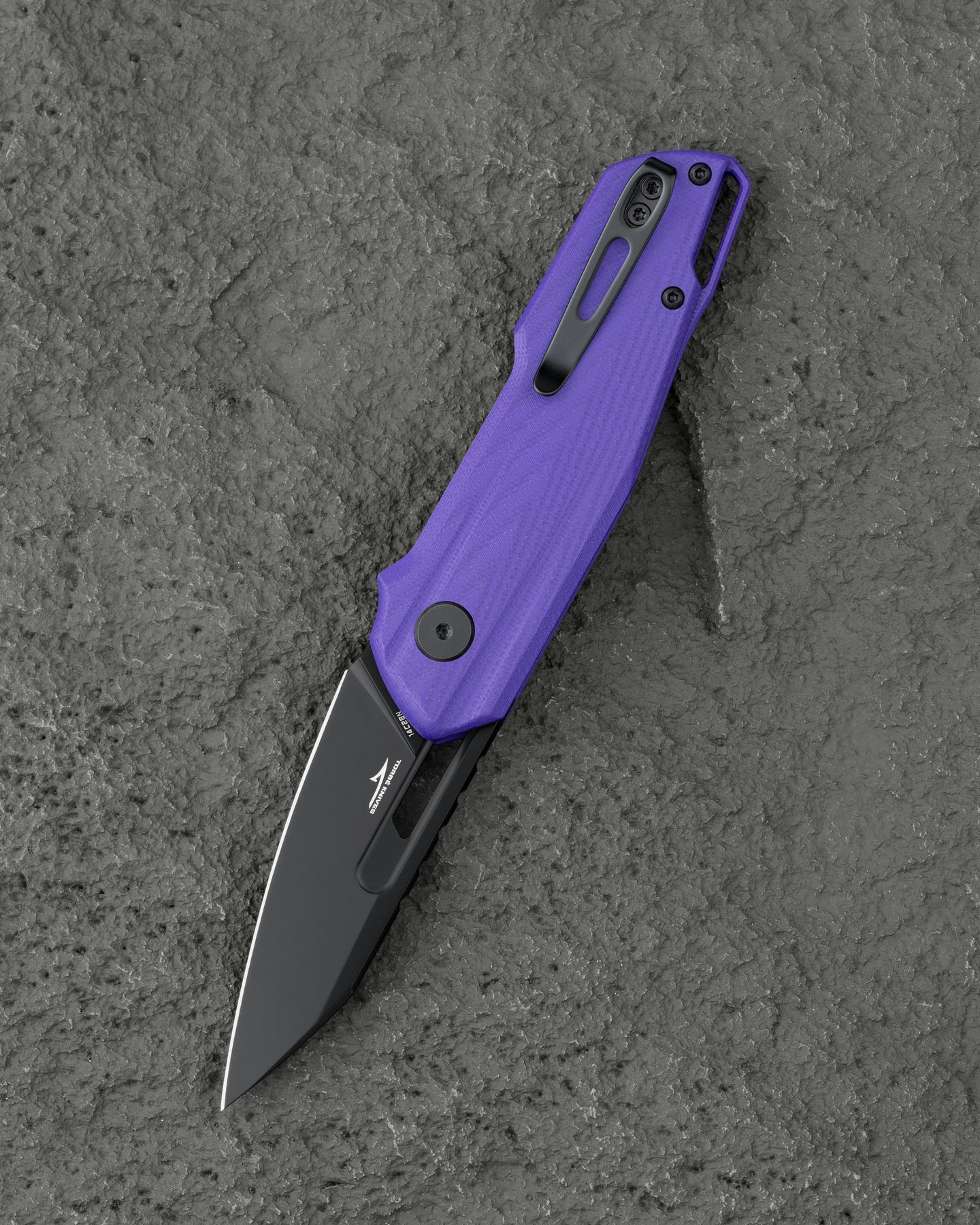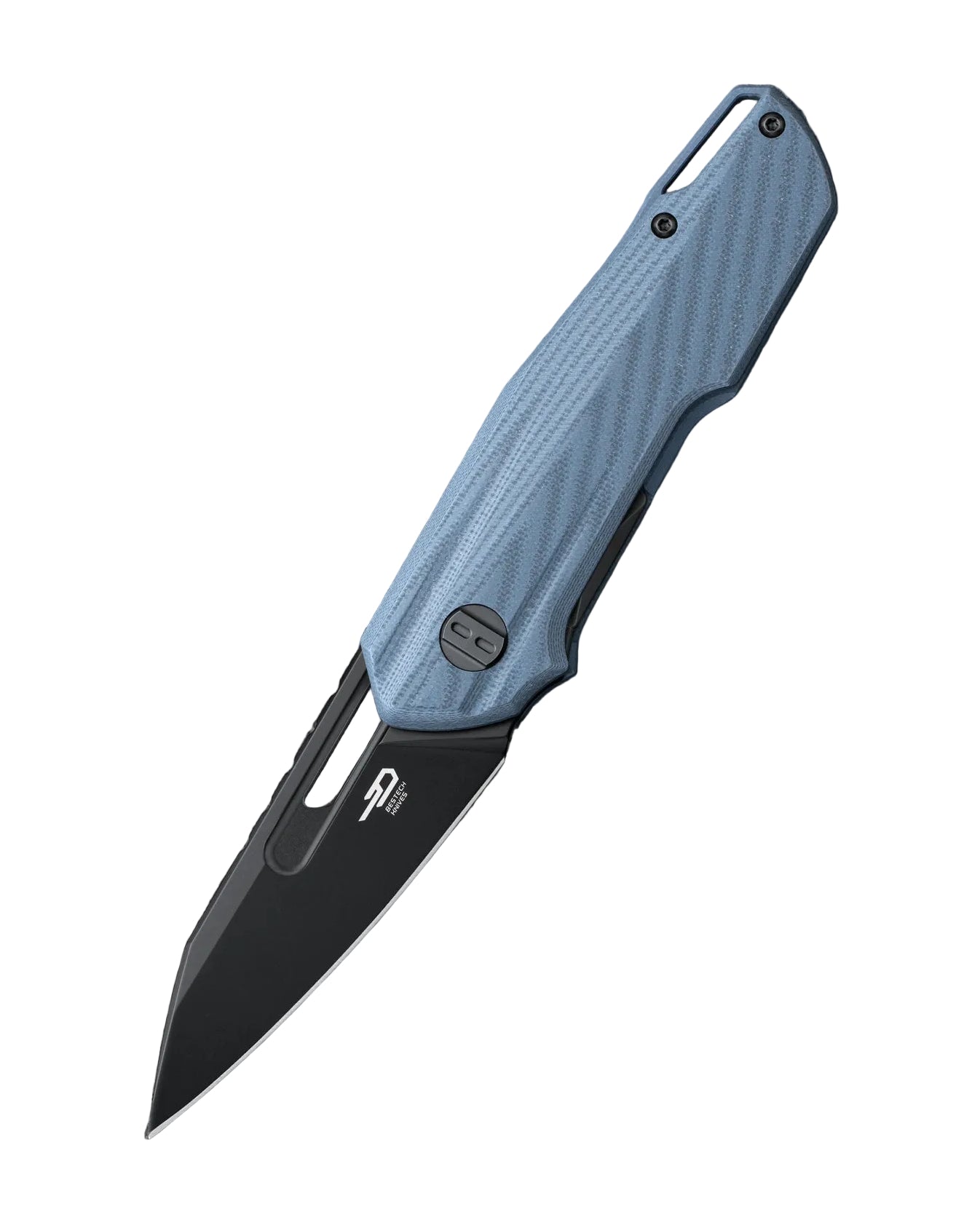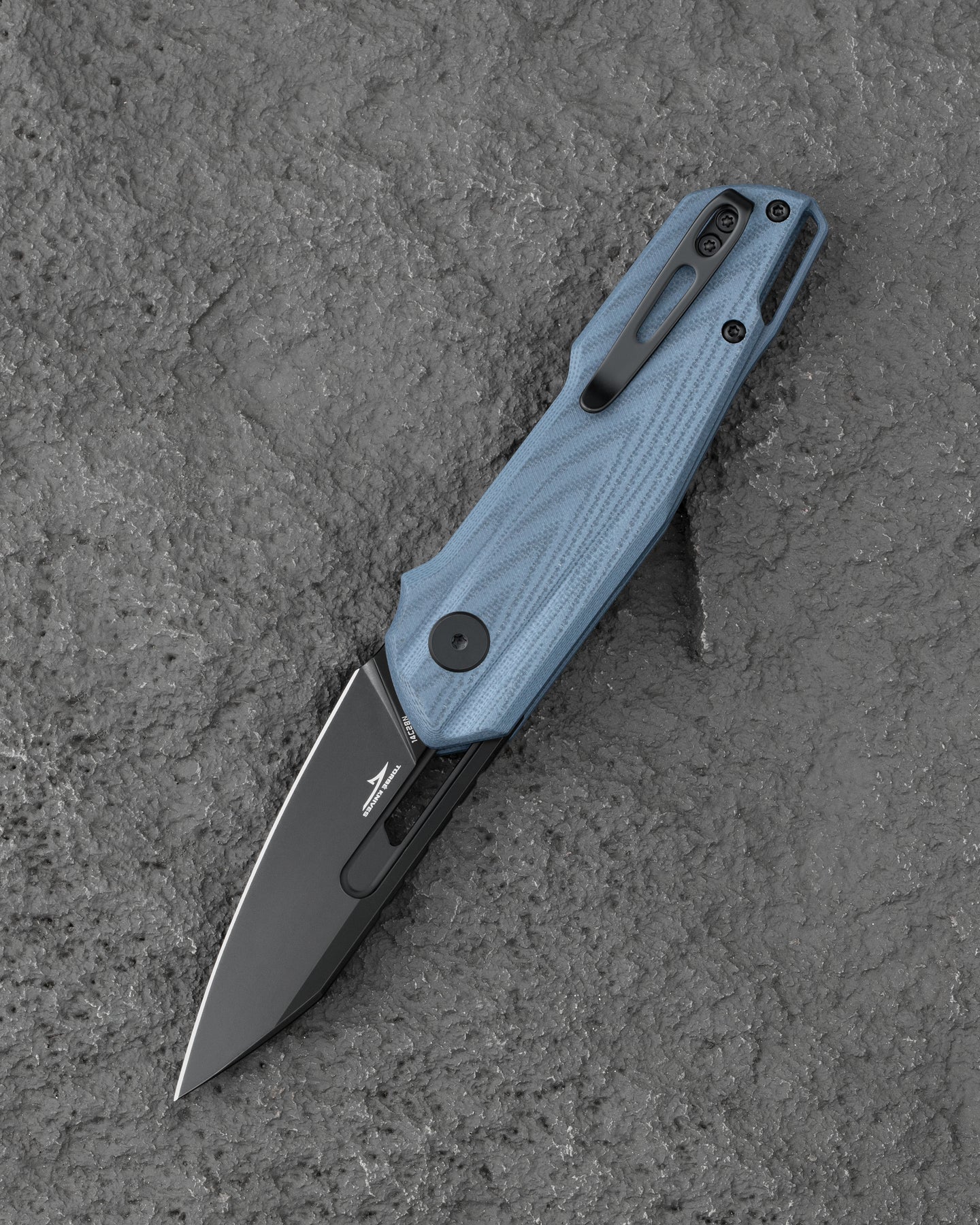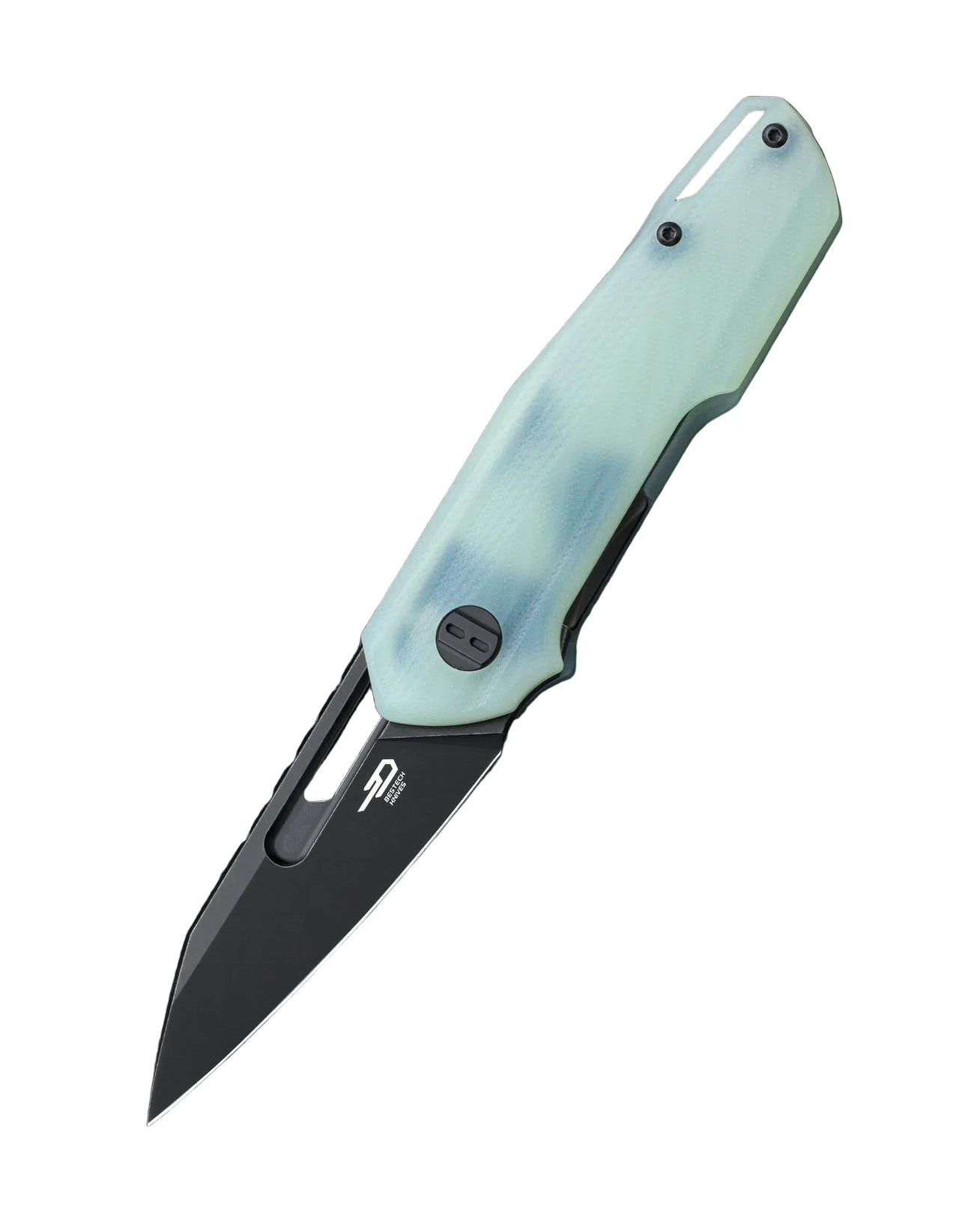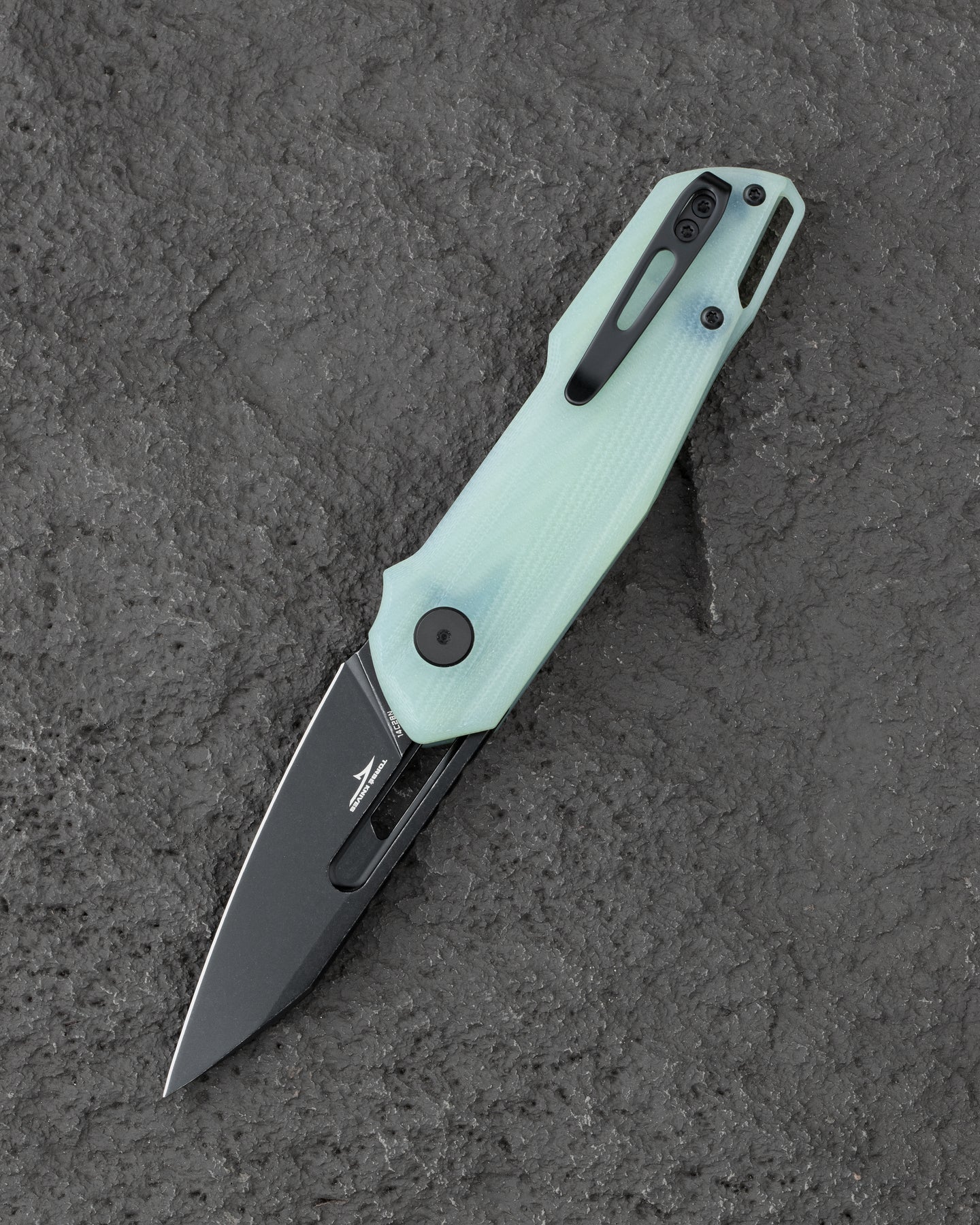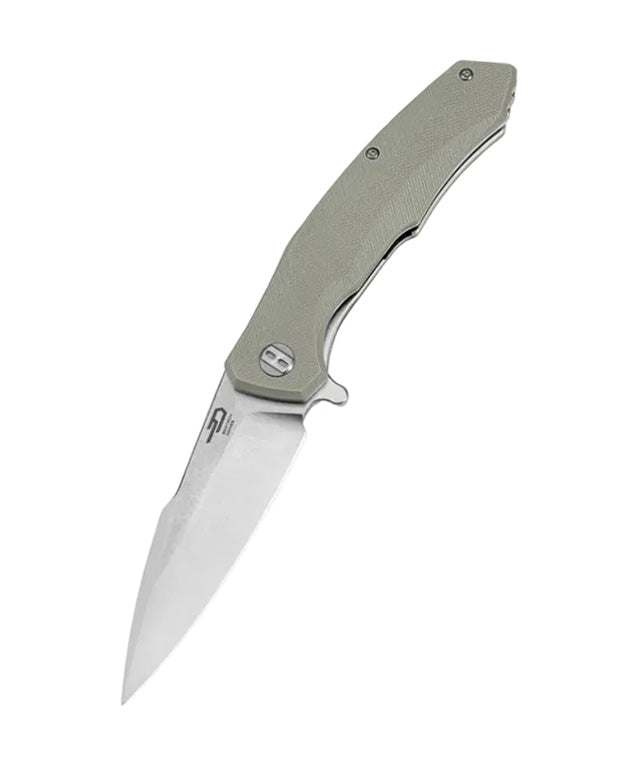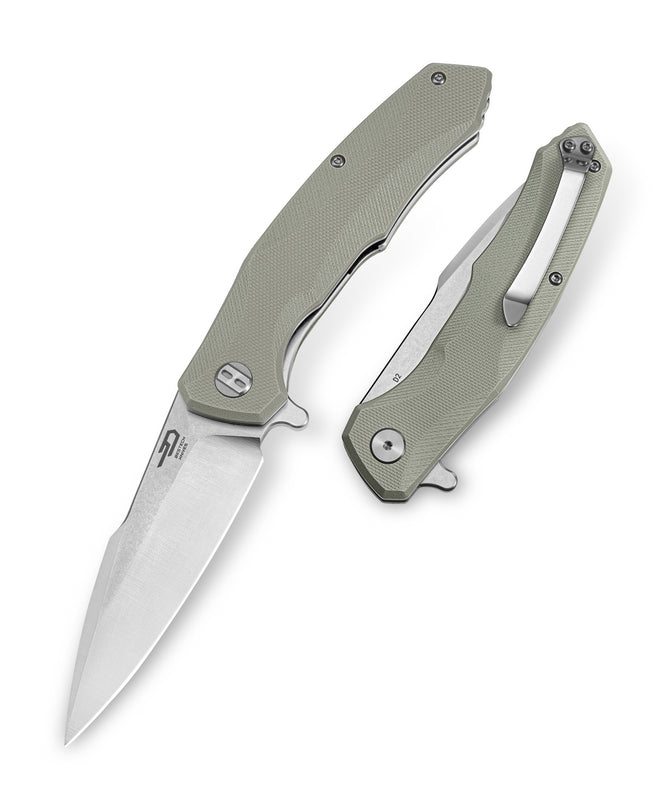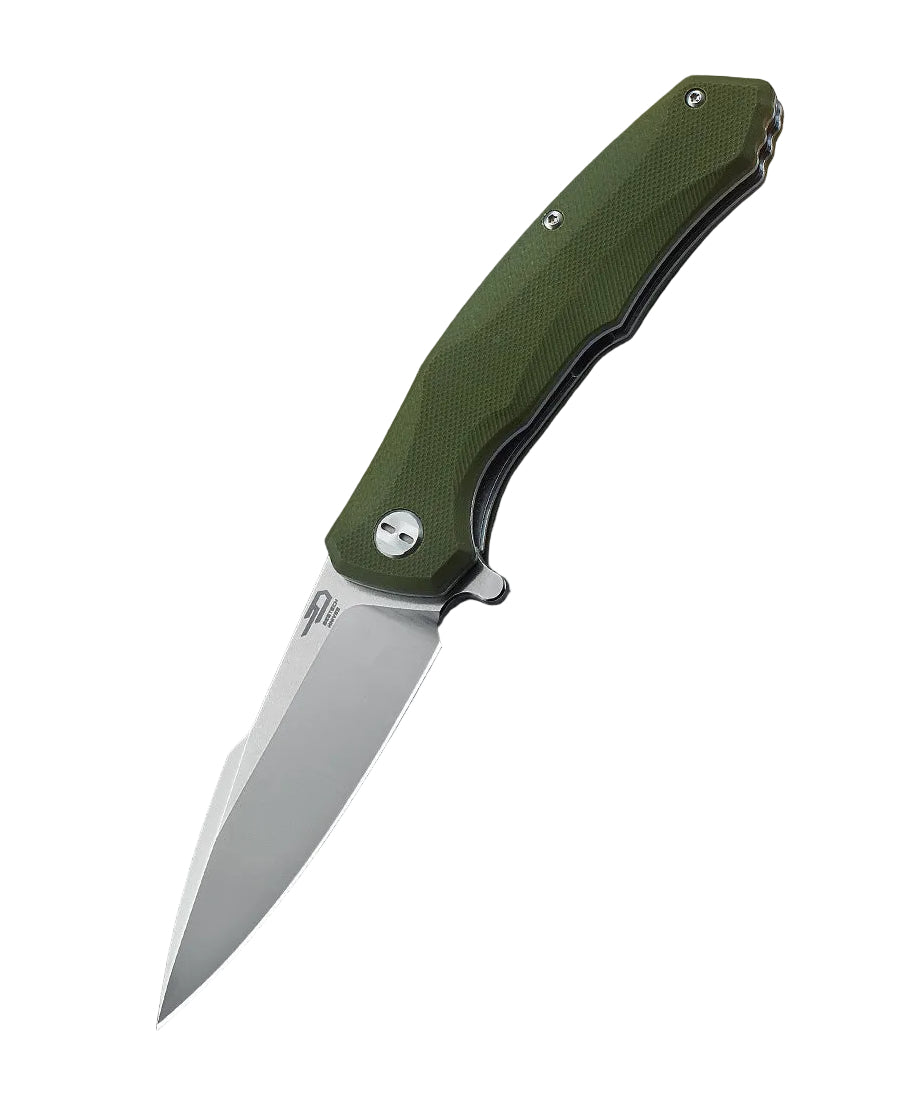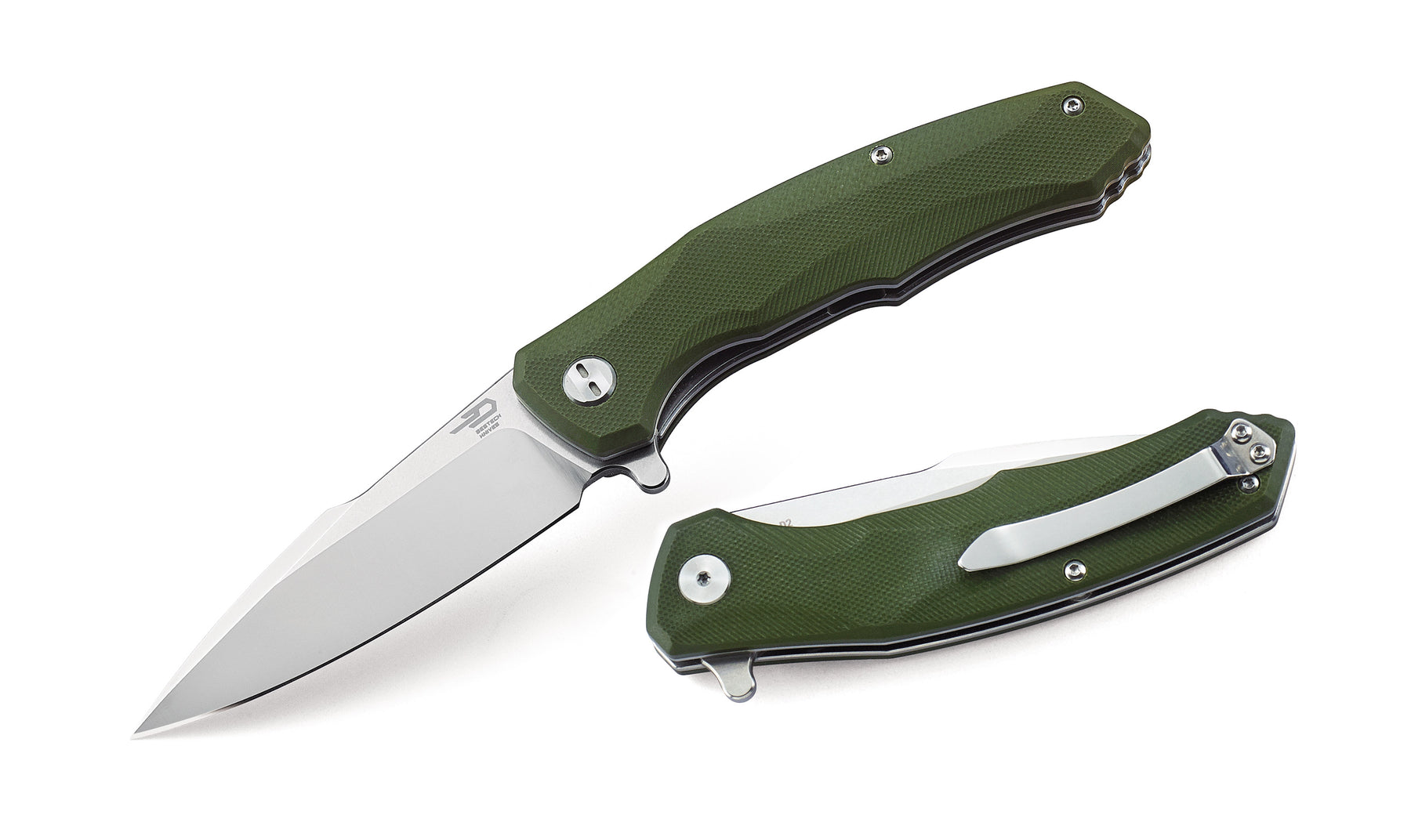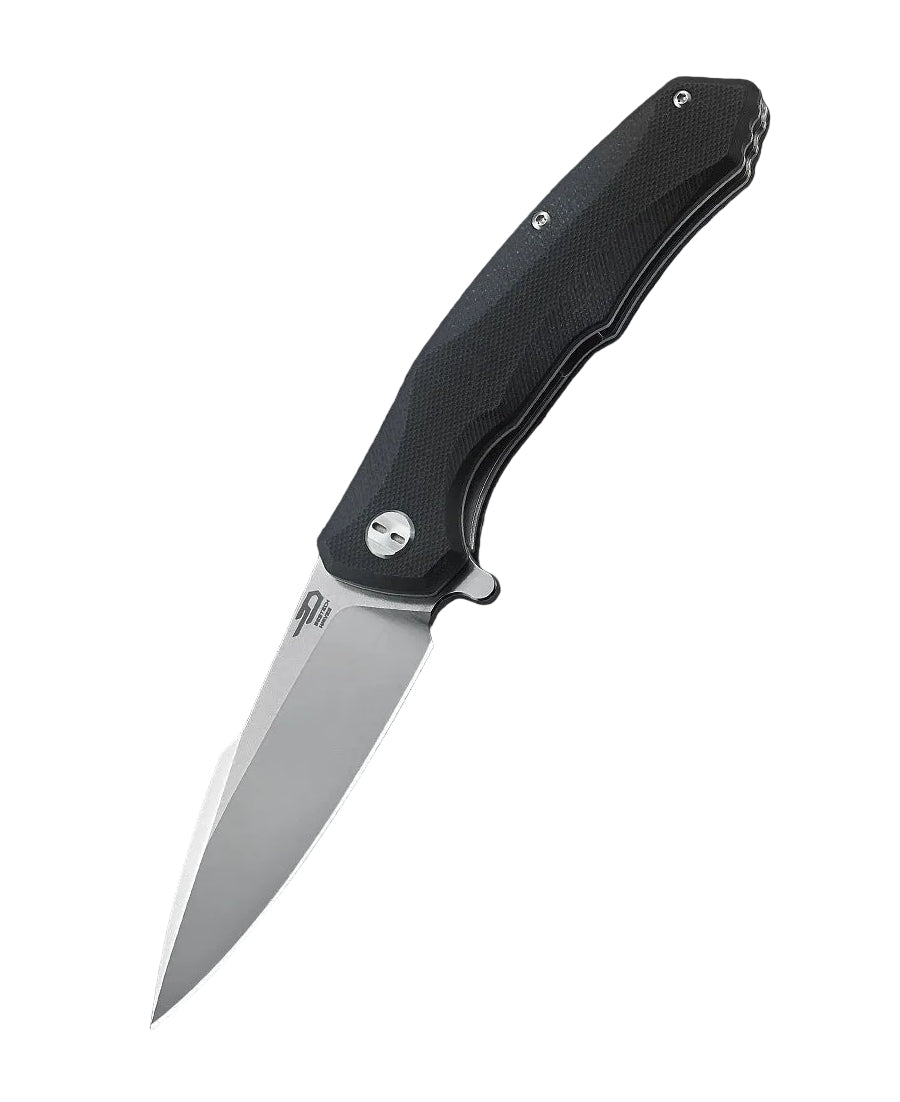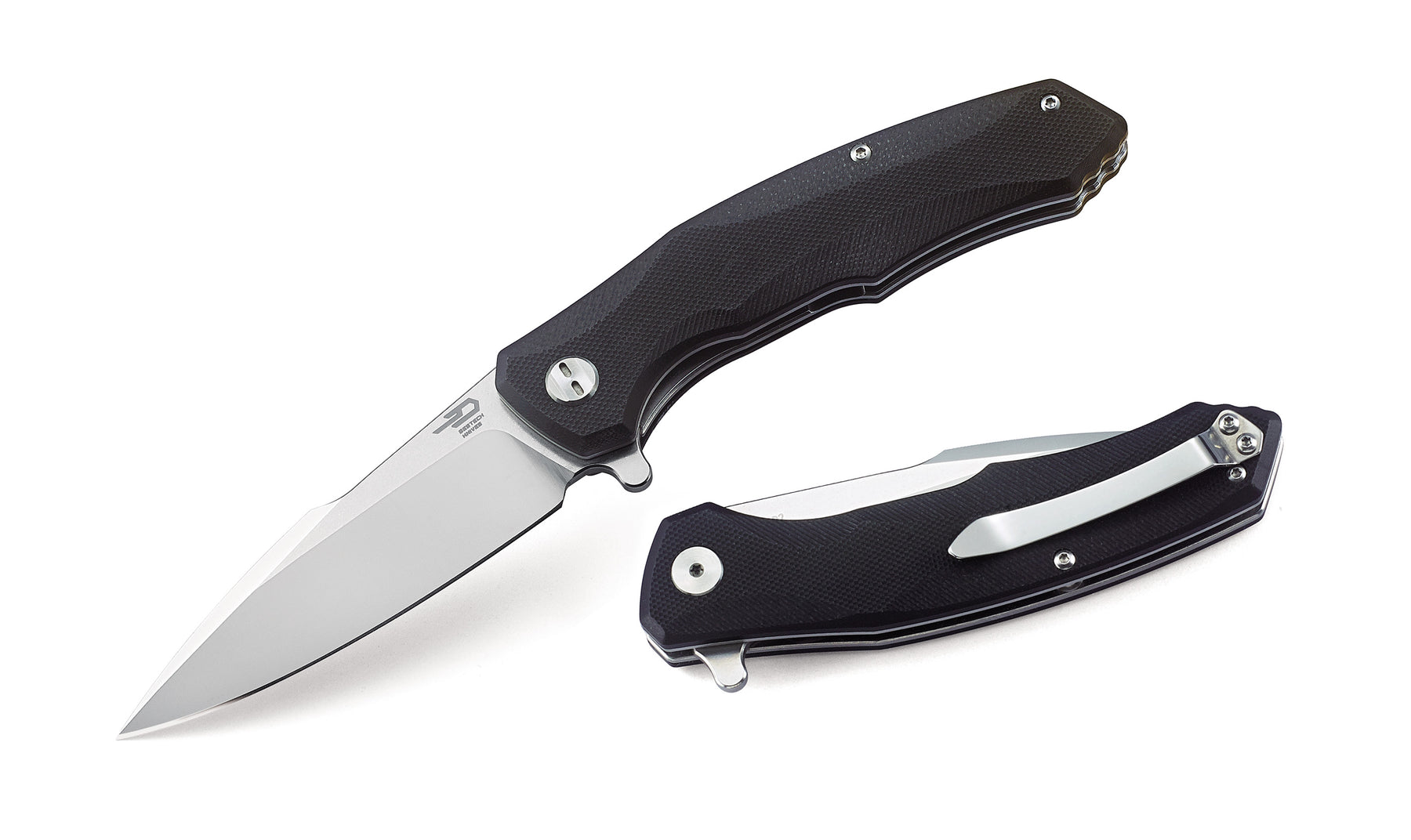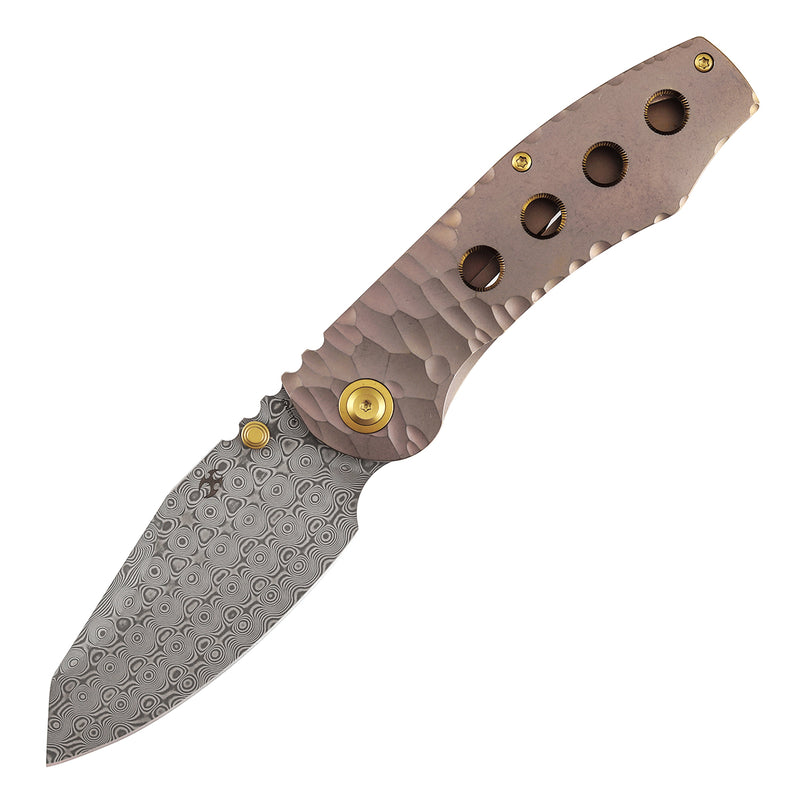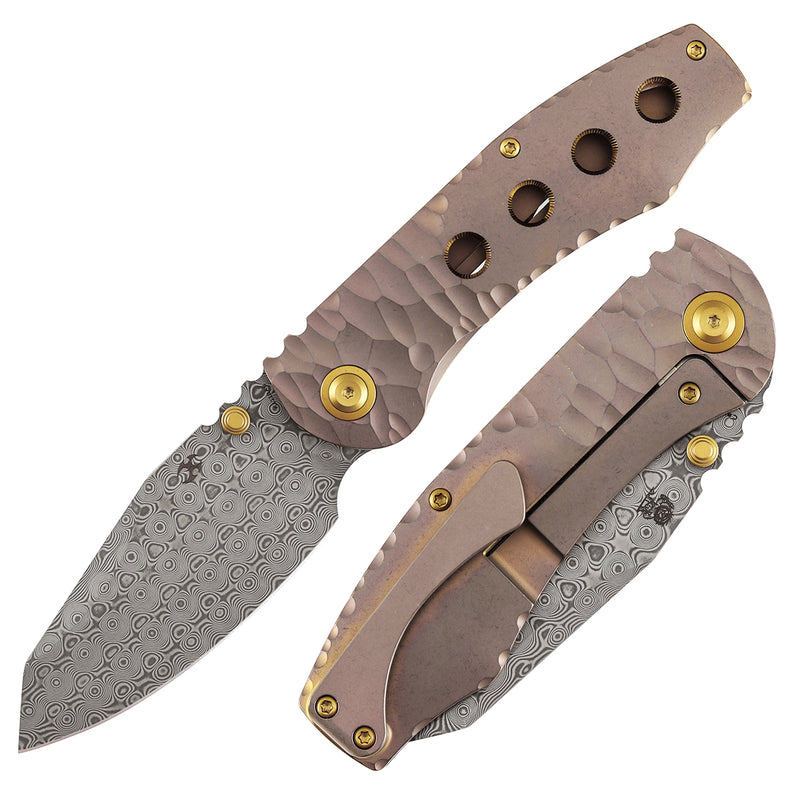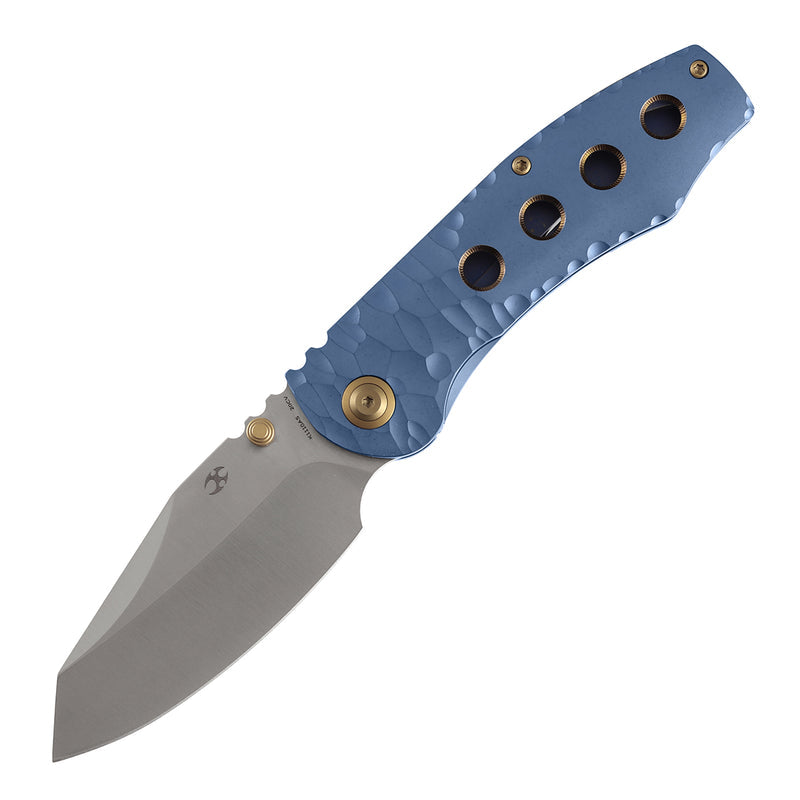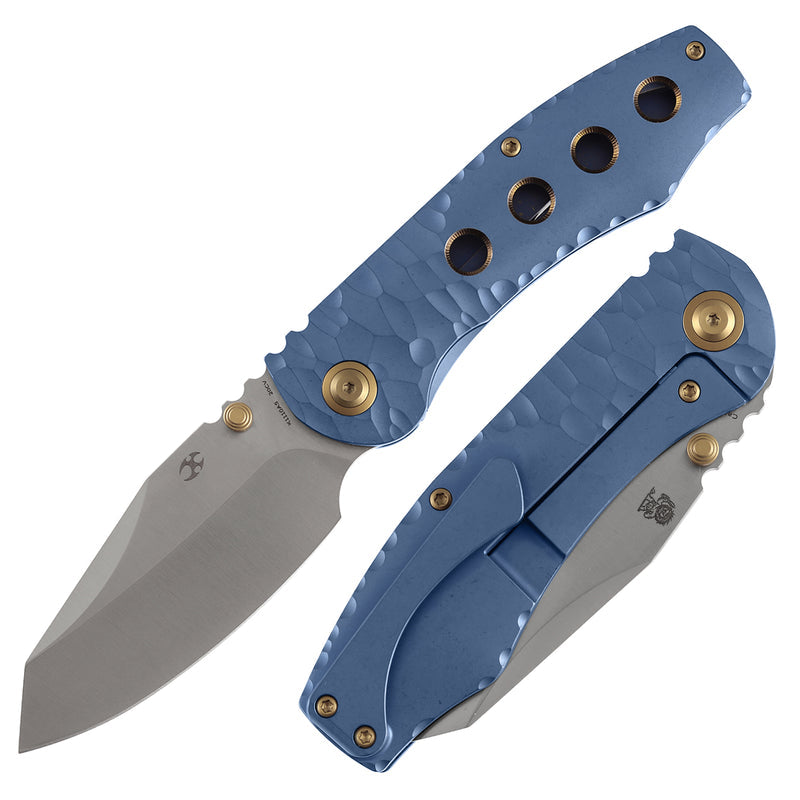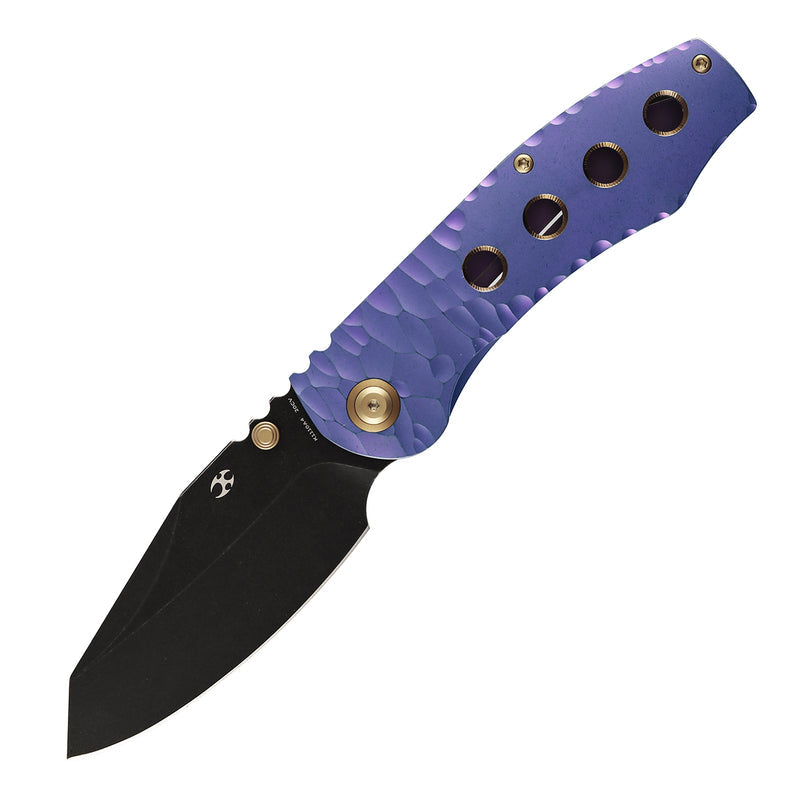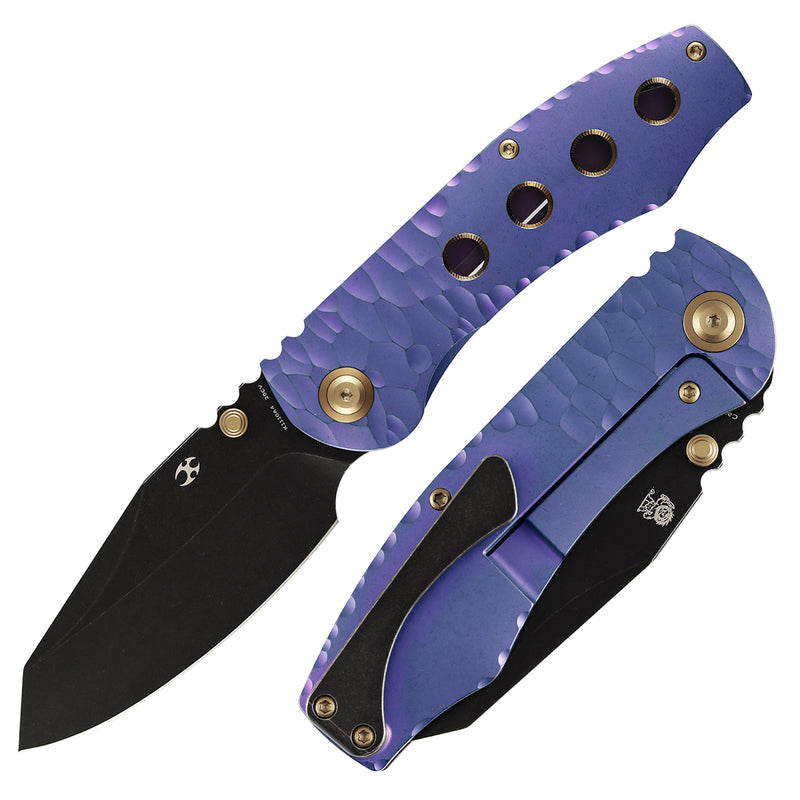It depends on the use. 14C28N is better for corrosion resistance and ease of sharpening, while D2 is superior in edge retention and wear resistance。
When it comes to choosing the right steel for your knives, the options can be overwhelming. Two popular choices in the knife-making industry are 14C28N steel and D2 steel. But which one is better? Let's dive into the details to find out.
What is 14C28N steel?
14C28N steel is a high-performance stainless steel known for its excellent edge retention and corrosion resistance. It is often used in high-end kitchen knives and pocket knives due to its ability to hold a sharp edge for a long time.
What is D2 steel?
D2 steel, on the other hand, is a tool steel known for its high wear resistance and toughness. It is commonly used in industrial applications and heavy-duty knives where durability is a top priority.
Edge Retention
When it comes to edge retention, 14C28N steel outperforms D2 steel. The fine grain structure of 14C28N steel allows it to maintain a sharp edge for a longer period compared to D2 steel, making it ideal for tasks that require precision cutting.
Corrosion Resistance
While D2 steel is known for its toughness, it falls short in terms of corrosion resistance when compared to 14C28N steel. 14C28N steel contains more chromium, which enhances its resistance to rust and corrosion, making it a better choice for humid or marine environments.
Toughness
When it comes to toughness, D2 steel has the upper hand. Its high carbon and chromium content make it extremely durable and resistant to chipping or breaking, making it a preferred choice for heavy-duty tasks that require a strong blade.
Conclusion
In conclusion, the choice between 14C28N steel and D2 steel ultimately depends on your specific needs and preferences. If you prioritize edge retention and corrosion resistance, 14C28N steel is the better option. On the other hand, if toughness and durability are your main concerns, D2 steel might be the more suitable choice for you.
Both steels have their own strengths and weaknesses, so it's important to consider how you will be using the knife before making a decision. Whichever steel you choose, proper maintenance and care will ensure that your knife performs at its best for years to come.


